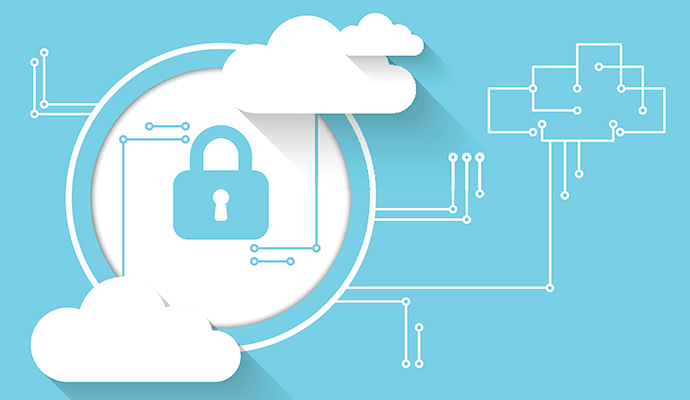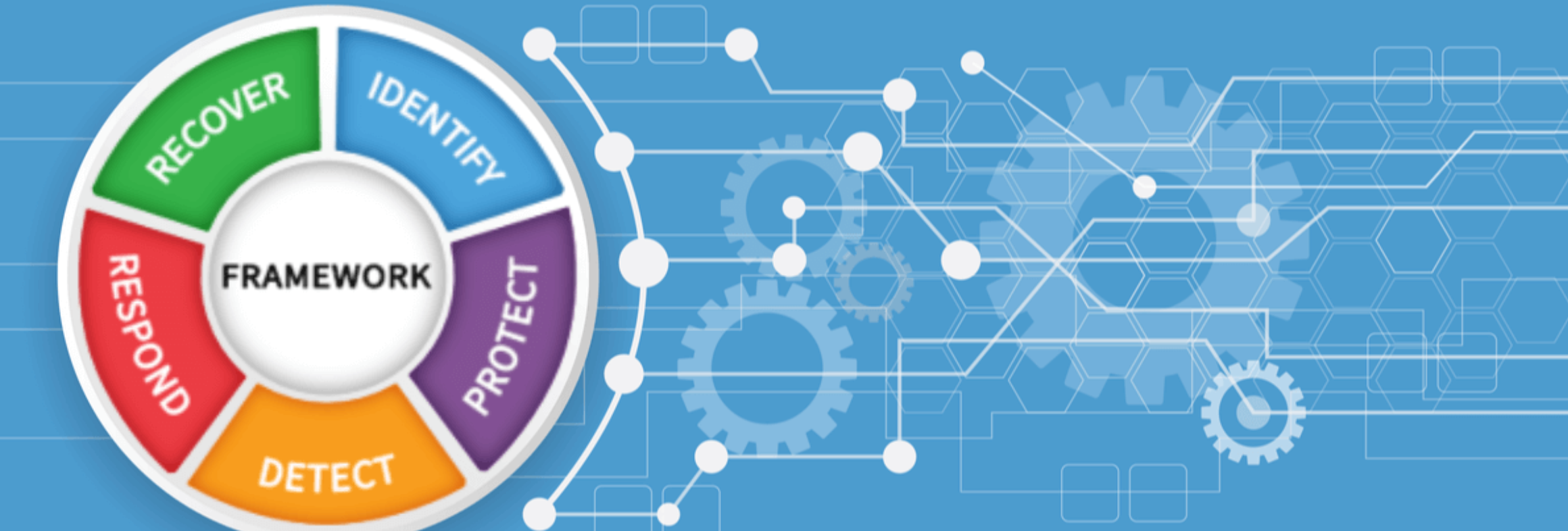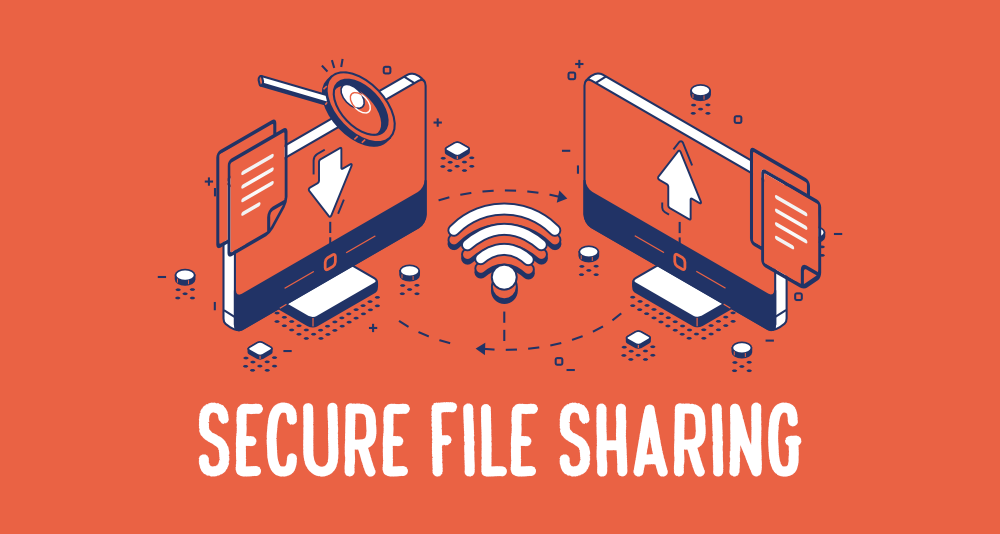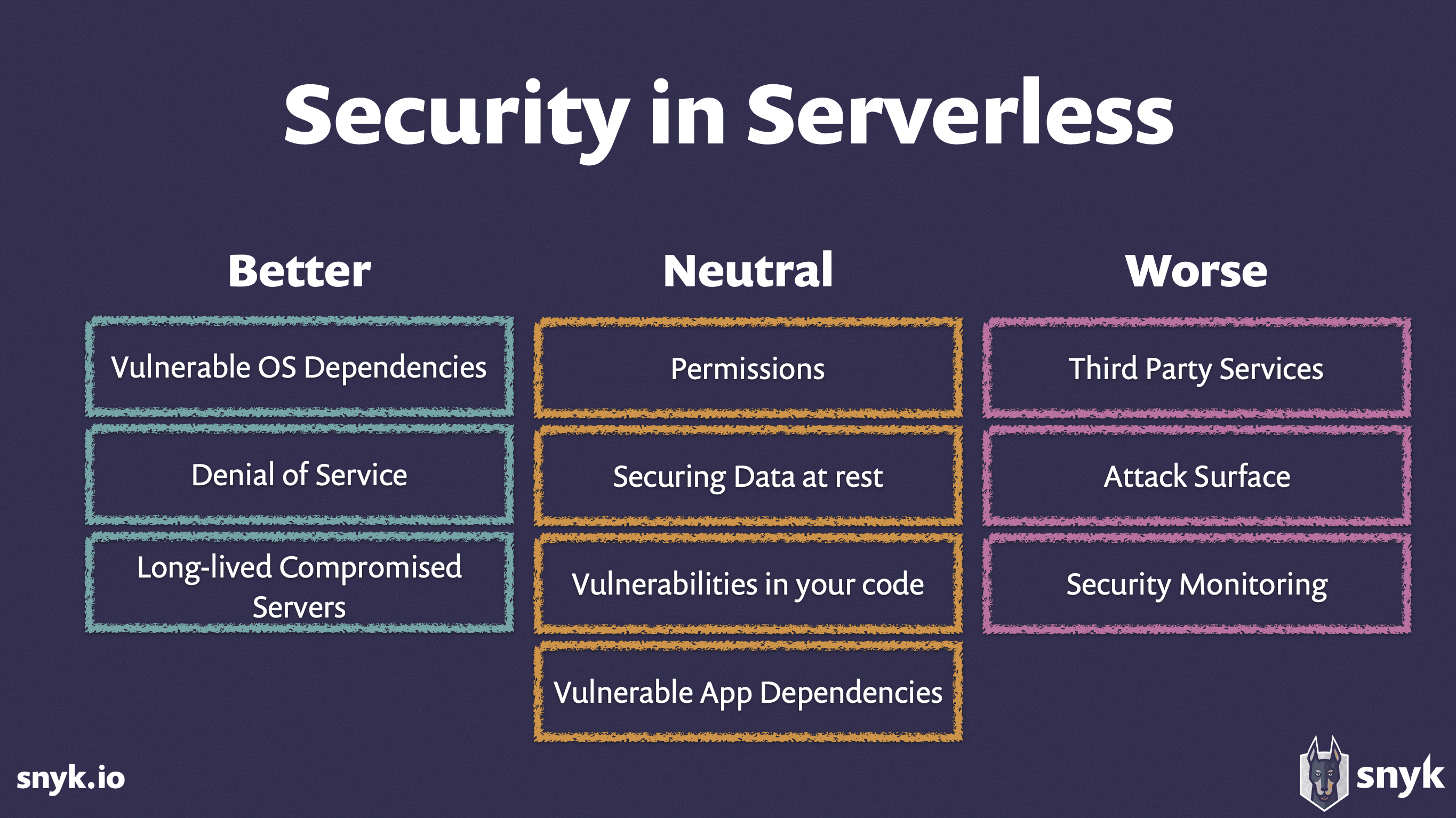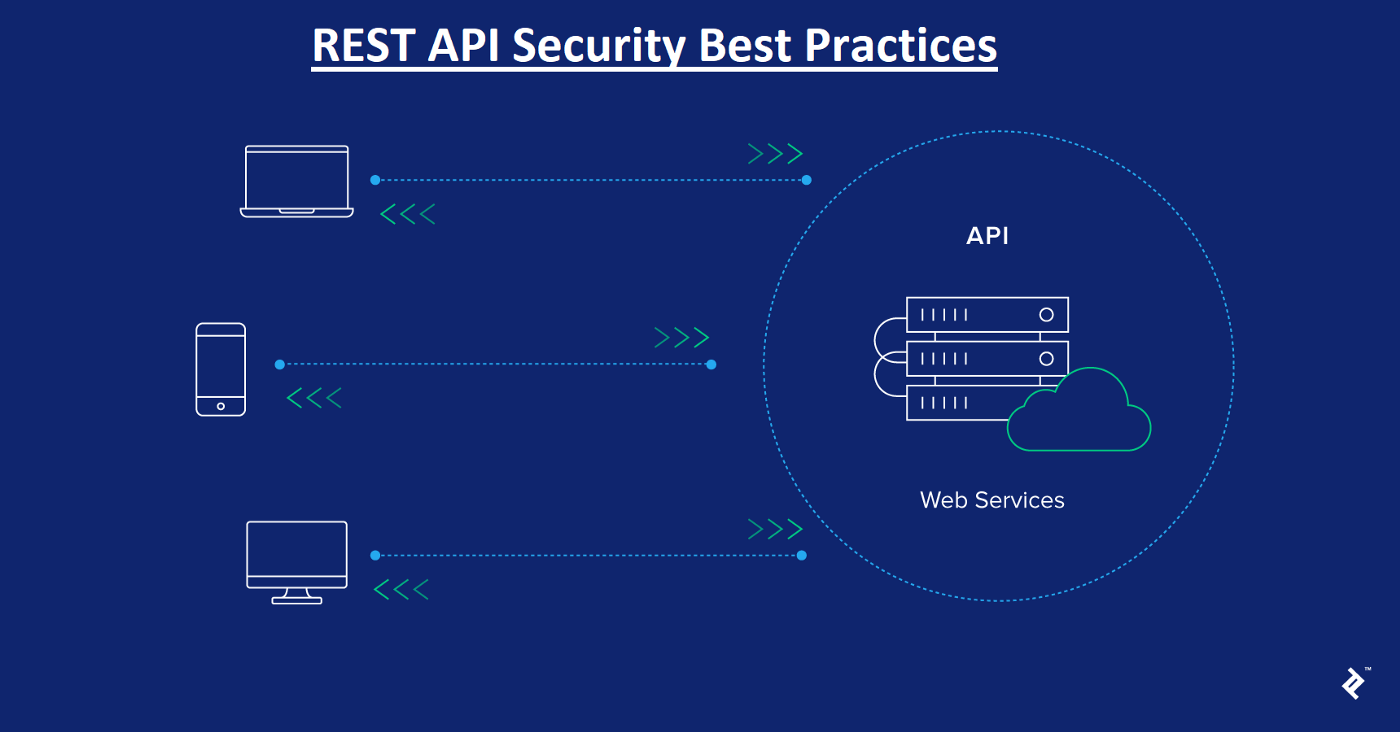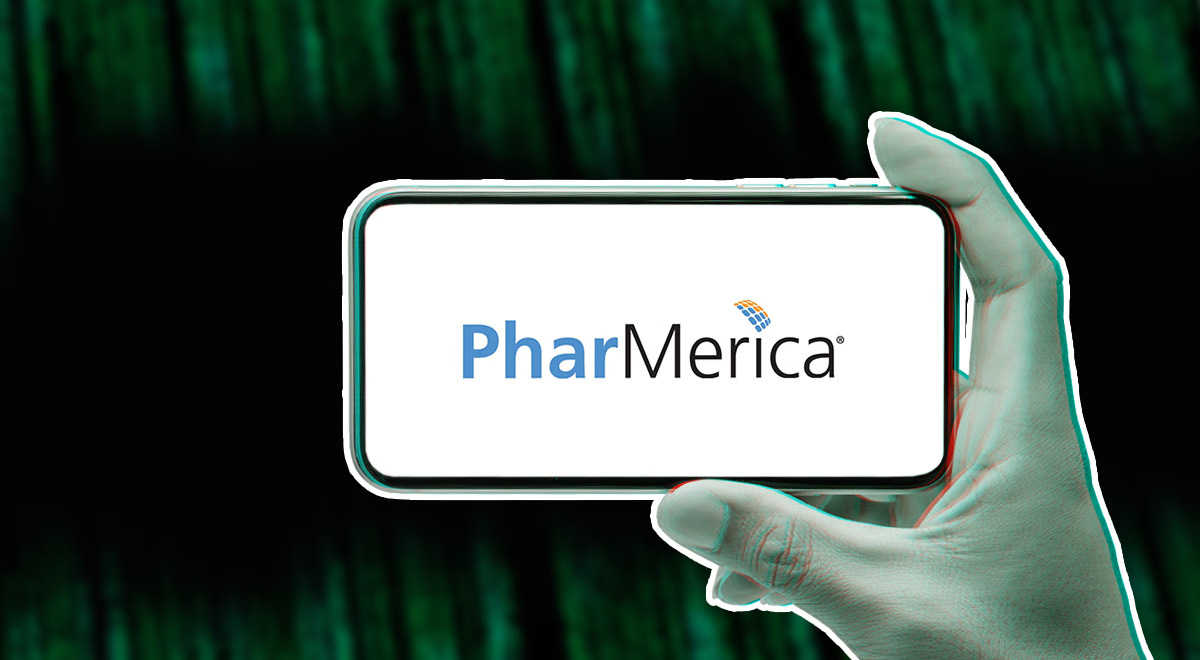
PharMerica, a pharmacy services provider in the United States, has announced that a data breach has affected the personal information of 5.8 million patients. The breach occurred on March 12, 2023, when an unauthorized party gained access to PharMerica's computer systems. The compromised information includes names, addresses, birth dates, Social Security numbers, medication information, and health insurance information.
PharMerica says that it has no evidence that any of the compromised information has been misused. However, the company is offering free credit monitoring and identity theft protection to affected patients.
This is the largest healthcare data breach to be reported in 2023. It is also the second major data breach to affect a pharmacy services provider in recent months. In February, a data breach at Walgreens affected the personal information of 4.5 million patients.
The PharMerica data breach is a reminder of the importance of protecting your personal information. You can take steps to protect your information by:
Using strong passwords and changing them frequently.
Being careful about what information you share online.
Only providing your personal information to trusted organizations.
Monitoring your credit report for any signs of fraud.
If you are affected by the PharMerica data breach, you can take the following steps to protect yourself:
Sign up for free credit monitoring and identity theft protection.
Place a fraud alert on your credit report.
Review your credit report for any unauthorized activity.
Report any unauthorized activity to your credit card issuer and the Federal Trade Commission.
The PharMerica data breach is a serious security incident. However, by taking steps to protect your personal information, you can help to minimize the risk of identity theft and other financial fraud.
What to do if you are affected by the PharMerica data breach
If you are affected by the PharMerica data breach, there are a few things you can do to protect yourself:
Sign up for free credit monitoring and identity theft protection. This will allow you to track your credit report for any unauthorized activity.
Place a fraud alert on your credit report. This will make it more difficult for someone to open a new account in your name.
Review your credit report for any unauthorized activity. If you see anything suspicious, report it to your credit card issuer and the Federal Trade Commission.
Contact PharMerica to learn more about the data breach and what steps you can take to protect yourself.
By taking these steps, you can help to protect yourself from the financial and emotional harm that can result from identity theft.
How to prevent a data breach like PharMerica
There are a number of things that organizations can do to prevent data breaches like PharMerica. These include:
Implementing strong security measures, such as firewalls and intrusion detection systems.
Educating employees about security best practices.
Regularly backing up data.
Having a plan in place to respond to a data breach.
By taking these steps, organizations can help to protect their data and the privacy of their customers.
Conclusion
The PharMerica data breach is a reminder of the importance of protecting your personal information. By taking steps to protect your information, you can help to minimize the risk of identity theft and other financial fraud.
Here are some additional tips on how to protect your personal information:
Use a password manager.
A password manager is a software application that can help you create and store strong passwords for all of your online accounts. This can help you avoid using the same password for multiple accounts, which makes it easier for hackers to gain access to your information.
Be careful about what emails you open.
Phishing emails are emails that are designed to trick you into clicking on a malicious link or providing your personal information. If you receive an email from an unknown sender, do not open it. Instead, delete it immediately.
Keep your software up to date.
Software updates often include security patches that can help to protect your computer from malware and other threats. Make sure to install software updates as soon as they are available.
Be aware of the risks of public Wi-Fi.
Public Wi-Fi networks are often not secure. If you must use public Wi-Fi, be careful about what information you share online. Avoid logging into your online banking or other sensitive accounts while using public Wi-Fi.
By taking these steps, you can help to protect your personal information and minimize the risk of identity theft and other financial fraud.
